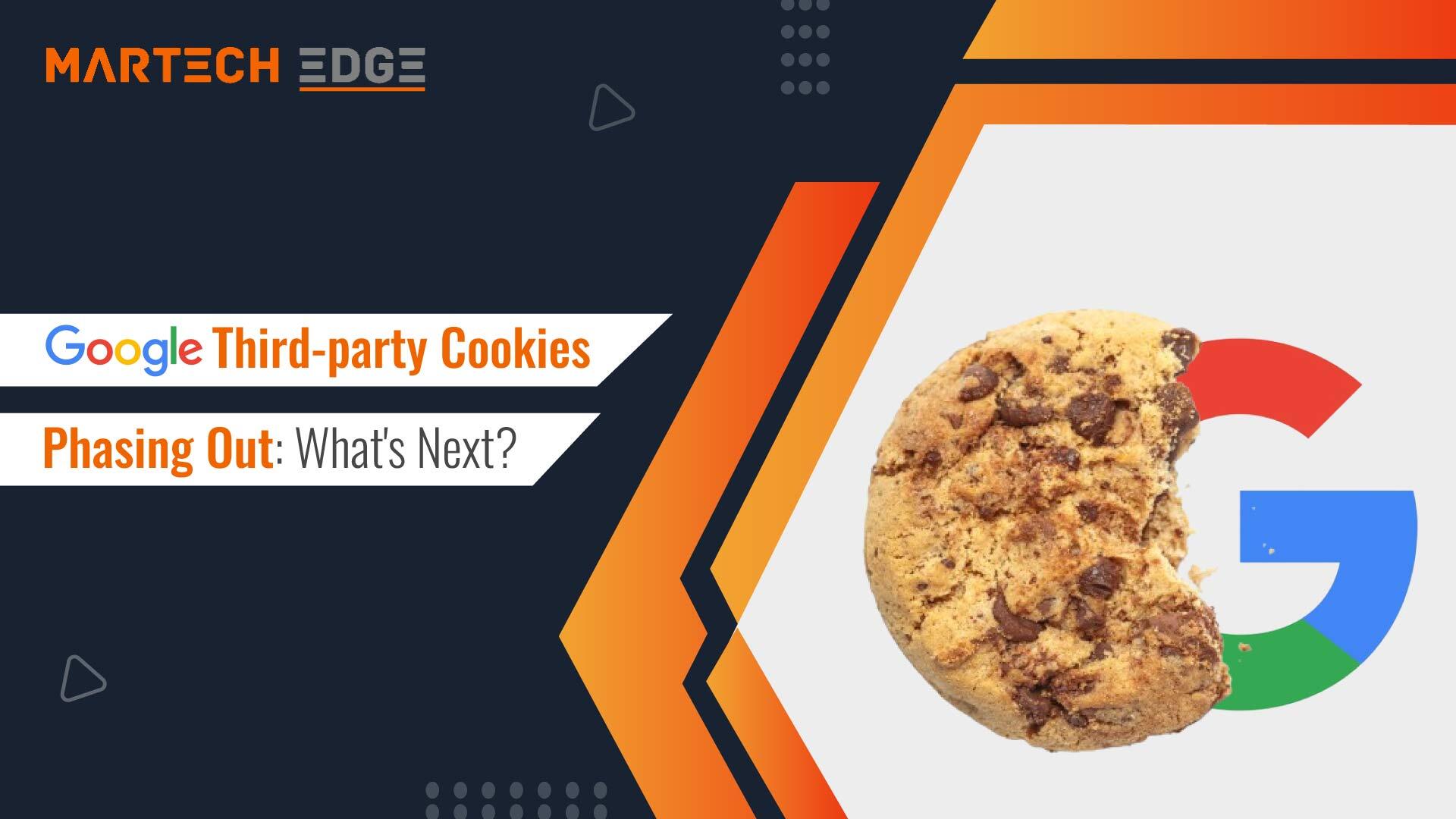
Google Third-party Cookies Phasing Out: What's Next?
In 2023, one pivotal announcement sent ripples through the industry: Google's decision to phase out third-party cookies. On January 4th, 2024, Google rolled out a new feature called Tracking Protection for 1% of Chrome users, which restricts third-party cookies by default. As Google took the bold step towards a more privacy-centric approach, marketers, advertisers, and users found themselves at the crossroads of change.
"Performance marketing and brand marketers are having a moment of convergence. As we move into 2024 and have less visibility with the continued deprecation of 3rd party cookies, marketers will have to rely on more expansive measurement sets,” said Lacie Thompson, Chief Growth Officer, New Engen.
She also added, “They’ll also have to rely more on their expertise and common sense about how people engage with brands. Working to incorporate research and insights, industry intelligence, and audience segmentation, motivations and their journey into the media strategy will become more common practice. Designing performance marketing to engage throughout the entire journey and understanding the right way to measure effectiveness is the North Star."
What's Next?
Google's strategic move to phase out third-party cookies marks a watershed moment in the digital landscape. However, it has brought diverse reactions from B2B marketers as they are contemplating other alternatives. "A continued shift toward cookieless strategies and a greater emphasis on leveraging first-party data. As cookies continue to phase out and consumer privacy becomes a top priority, advertisers and agencies will need to find new ways to target and measure their campaigns,” said Kristina Prokop, CEO & Co-Founder of Eyeota.
She also emphasized technological advancement by saying, “This will lead to increased adoption of AI and machine learning technology, as well as a focus on contextual advertising and social channels. Additionally, there may be a greater intersection of cloud computing and AI technology to improve real-time optimization and audience targeting. Overall, the industry will likely be heavily invested in finding trustworthy, reliable, and validated solutions for the cookieless world."
Brian Pugh, Chief Information Officer of Comscore, also added that “Signal loss has been happening for several years now with default cookie blocking on Safari and Firefox. Now that Chrome has finally followed suit this month in a long-anticipated move, the cookieless future is finally here”.
“The walled gardens, of course, have a lot of first-party data on their own large networks. However, marketers and tech providers needed to scramble to develop a mix of new strategies for audience targeting — such as building identity networks (e.g., The Trade Desk and LiveRamp). Google also has its solution —Topics API, which is a function of its Privacy Sandbox. Yet, with all these good intentions, we are still left with a fragmented approach.
What we will see more of on the open web will be ‘predictive audiences’ based on AI, in which training sets will be used to optimize and activate the most likely target audience that is consuming content”.
He predicted that “Rich contextual data will play a huge role — and reduce waste — as the industry moves towards a future of alternative signals. And not just the obvious examples like “NFL content is most likely to reach males ages 21-54.” There are other more sophisticated, granular contextual solutions that can mine hundreds of thousands of categories and synthesize them into something consumable — all while protecting brand safety”.
“And don’t forget — what’s happening on the web will also play out on mobile, which already operates on an opt-in model (no longer opt-out). There’s already a lot less yield now across mobile apps because people just aren’t incentivized to opt in”.
The Upcoming Trajectory
Before the final rollout happens, B2B marketers have to gear up and look beyond to find answers. Many organizations have started working on marketing strategies that would strike a balance between innovation and respecting user privacy. Strategies such as first-party data or contextual advertising have gained traction to replace third-party cookie advertising. “Finally, with the phasing out of third-party cookies and increasing concerns about privacy, marketers are likely to focus more on privacy-centric marketing strategies. This includes adopting technologies and approaches that respect user privacy while still delivering personalized and relevant content. Contextual is once again king,” said Jeff Ragovin, CEO of Fyllo.
He also added, “Contextual targeting, where ads are placed based on the content of the webpage rather than individual user behavior, will gain prominence. This allows marketers to reach audiences based on the context of the content they are consuming, rather than relying on user-specific tracking”.
“The eventual deprecation of the third-party cookie will have two important effects. First, contextual tools will become a tool to find audiences — allowing advertisers to more accurately find the content their target audience likes to consume. Second, maximizing the value of the signals that are available through alternative ID systems will become a competitive advantage. And again, AI’s ability to understand the nuance in user journeys will be important in this regard”, said Aaron Andalman, CSO and co-founder of Cognitiv.
The deliberate shift towards bolstering user privacy reflects a broader industry acknowledgment of the growing importance of individual data protection. The shift empowers users with greater control over their online privacy, promising a more confidential and tailored web experience. While it presents challenges for marketers and advertisers who have long relied on third-party cookies for targeted advertising, it also opens doors to innovative, privacy-conscious approaches.

advertising marketing
Join our newsletter!
Enter your email to receive our newsletter.




